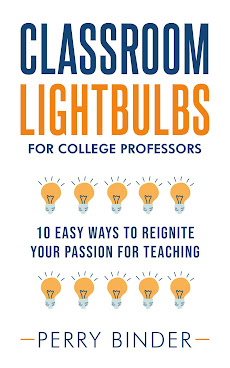COLLEGE
CLASSROOM MOTIVATOR
#41
Intelligence is wrapped in many packages. “Book smarts” is only one measure, but you still need to strive for good grades. The best way to figure out how to study is to attend class and observe what topics are important to professors. Those subjects usually wind up on their exams.
QUICK
STORY FROM THE CLASSROOM
Intelligence is
wrapped in many packages.
As
I sat in class during the first year of law school, I was confused at times
when others raised their hands and offered wild legal theories. What I discovered after the fact is that
classroom discussion leaders do not always perform as well on exams as the shy,
silent student who doesn’t utter a peep all semester.
Regardless,
I don’t equate good grades with intelligence.
One psychologist, Robert Sternberg, identifies three types of
intelligence in his Triarchic Model:
• Componential
Intelligence – analytic, academic abilities to solve problems
• Experiential
Intelligence – creativity and insight, the ability to invent, discover, and
theorize
• Practical
Intelligence – street smarts, ability to adapt to the environment
I
once wrote a letter of recommendation for a student who received a “C” in my
course because after many discussions outside of class, I recognized that he
had the practical intelligence to succeed in his chosen profession.
This story is
the basis for Motivator #41
Copyright 2012 99 Motivators for College Success




.jpg)






.jpg)